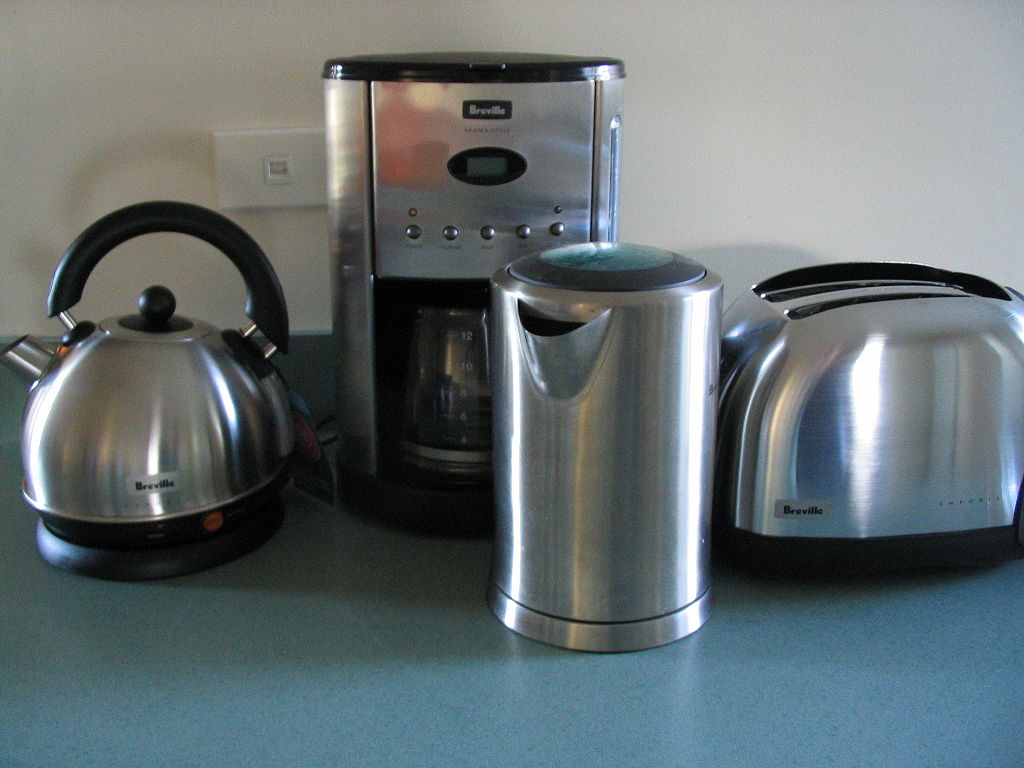When your washer, stove, or dishwasher breaks, it always happens at the worst time possible.
Let’s be real – late Sunday afternoon is not the best time to look for a repairman. So, naturally, some people try to fix the issue themselves.

Depending on your skills and the tools you have at your disposal, you can easily fix some minor issues.
But before you start unscrewing the back of your microwave, go through these tips first.
One of the most important parts of DIY appliance repair is understanding the basics of electricity and how the machine you’re trying to repair works.
This will not only allow you to find the malfunction faster – it will keep you safe in the process.
It goes without saying, but just in case – always unplug the device before tinkering with it.
Before you do anything to the appliance, check the warranty first. There’s a chance it’s still under warranty, and the seller will fix your machine for free – or give you a brand new one.
If you thought about the warranty only after you started messing with the appliance yourself, it might no longer apply.
The seller won’t have a way to tell whether the device broke down by itself or if you damaged it on purpose.
Read Also:
Hopefully, you didn’t throw out the user manual because they often have a list of typical problems and the best ways to solve them.
But if you (like most people) threw it out with the box after installation, don’t worry.
You can find instructions for any appliance (washing machines, electric ovens or stoves, dishwashers, and many similar ones), including old ones, online.
Google the model number or go directly to the manufacturer’s website and search there. If you have a really old appliance, you might need to contact their support to get the manual, but it’s worth a try.
First, you must identify what the problem is. Perhaps the appliance is fine, but there’s no power – then the wiring could be the issue, and all you need to do is change the power cord.
In case you’re not entirely sure how to find the fault, you can always try googling the symptoms.
If it’s a common issue that’s easily fixed, you’re likely to find a forum, Facebook group, or even a YouTube video, explaining how to fix it in detail.
Manufacturers often use non-standard fastenings in the design, which require professional tools if you want to fix it yourself.
The problem is that the cost of the tool kit may exceed the cost of buying a new appliance.
But if you’re determined to continue fixing stuff around the house, it might be worth it in the long run.
Having the right tools will help immensely, whether you’re a beginner or a DIY expert.
Here are a few tools you’ll probably need:
If you have an older appliance that wasn’t very popular, to begin with, finding spare parts might be a quest not worth taking.
However, there are compatibility sheets you can find by googling the model number of your appliance – they will help you find an alternative.
It’s a solid strategy, but if you can, avoid shopping online. Take the broken part, go to the store, and check if the new one is exactly the same.
Don’t Try To Bite Off More Than You Can Chew
If you can see right away that it’s a complicated electrical issue and you know you don’t have the right tools or experience for it – don’t try to fix it yourself.
You can damage the appliance even further and drive the cost of repairs up. Not to mention that if you mess up the wiring, you can start a fire in your home, and then the washer that doesn’t drain properly will be the least of your problems.